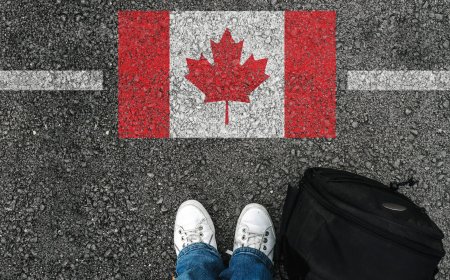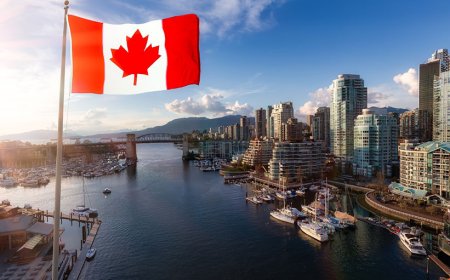How to Successfully Sponsor Your Partner for Canadian Permanent Residency
Sponsor your spouse or partner for Canadian immigration through Inland or Outland pathways. Learn about eligibility, requirements, and processing times.

Family reunification is one of the primary immigration pathways for newcomers to Canada, ranking just behind economic immigration. In 2024, Immigration, Refugees and Citizenship Canada (IRCC) anticipates welcoming 114,000 new permanent residents through family sponsorship programs. These programs encompass spousal sponsorship, as well as sponsorship for children, dependents, parents, and grandparents.
Spousal sponsorship enables foreign nationals to join their Canadian citizen or permanent resident spouse, common-law, or conjugal partner in Canada, eventually becoming permanent residents themselves.
There are two main pathways for spousal sponsorship: Inland sponsorship (for those applying from within Canada) and Outland sponsorship (for those applying from outside Canada).
Sponsorship Eligibility Requirements
To qualify as a sponsor, individuals must:
- Be at least 18 years old;
- Be a Canadian citizen or a permanent resident living in Canada;
- Not be imprisoned, bankrupt, under a removal order, or charged with a serious offense;
- Not have been sponsored to Canada as a spouse within the last five years.
Sponsors must also commit to a financial undertaking, which legally binds them to support their spouse or partner’s basic needs for up to three years, even if the relationship ends.
IRCC defines basic needs as:
- Food, clothing, and shelter;
- Dental care, eye care, and other health needs not covered by public health services.
Relationship Eligibility
The type of relationship also determines eligibility for sponsorship:
- Spouse: Legally married.
- Common-law Partner: Partners have lived together in a marriage-like relationship for at least 12 consecutive months.
- Conjugal Partner: A committed relationship lasting more than 12 months, but obstacles (e.g., immigration barriers, cultural or religious beliefs) have prevented cohabitation.
Inland Sponsorship
Inland sponsorship applies to couples already living together in Canada. The foreign national must have valid temporary resident status (as a visitor, worker, or student) and may be eligible to apply for a Spousal Open Work Permit (SOWP) when submitting their application for permanent residence.
For inland applications, spouses and common-law partners must reside together. Conjugal partners are not eligible for this pathway. IRCC advises against leaving Canada during the application process, as reentry may be challenging without a valid visa.
Outland Sponsorship
Outland sponsorship is suitable for couples not living together in Canada. This pathway allows spouses, common-law partners, and conjugal partners to apply if they meet all sponsorship conditions.
While the sponsor usually resides in Canada, the foreign national can travel to and from Canada while their application is processed. Outland sponsorship is also ideal for partners who anticipate needing to leave Canada during the application process.
With a standard processing time of 12 months for both Inland and Outland applications, Canada remains committed to reuniting families through its efficient spousal sponsorship programs.
Tags:
What's Your Reaction?
 Like
0
Like
0
 Dislike
0
Dislike
0
 Love
0
Love
0
 Funny
0
Funny
0
 Angry
0
Angry
0
 Sad
0
Sad
0
 Wow
0
Wow
0






































































